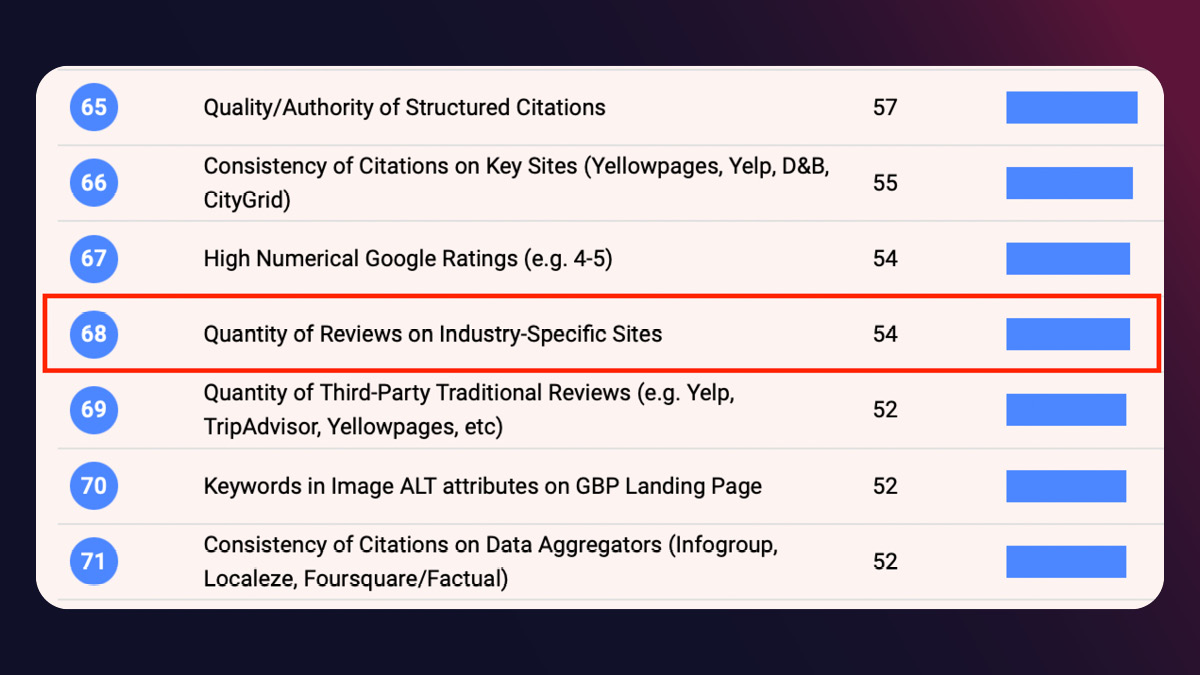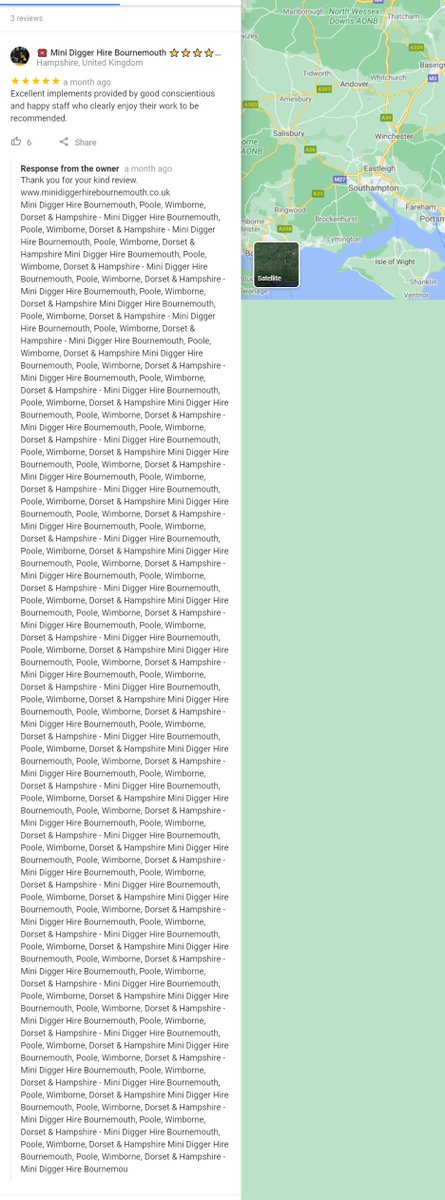Many people think that citations are not important for local SEO anymore. They're wrong.
Here's how citations can increase your online visibility and bring you more business 🧵
#localseo #seo
Here's how citations can increase your online visibility and bring you more business 🧵
#localseo #seo

It's hard to measure the value of citations because:
🔸Citations take anywhere from 1 week to 1 year to get reviewed & go live
🔸Google can take 6-12 months to identify & index citations
🔸Other SEO work is done during this time, so it's hard to tell which gains come from where.
🔸Citations take anywhere from 1 week to 1 year to get reviewed & go live
🔸Google can take 6-12 months to identify & index citations
🔸Other SEO work is done during this time, so it's hard to tell which gains come from where.
This is where some interesting research from @getuberall comes in.
They studied 6000 listings:
🔸3000 of them were only listed on the base directories (Google, Apple Maps, Facebook and Bing)
🔸the other 3000 were listed on an extended network of directories (up to 40 sites)
They studied 6000 listings:
🔸3000 of them were only listed on the base directories (Google, Apple Maps, Facebook and Bing)
🔸the other 3000 were listed on an extended network of directories (up to 40 sites)
They found that the group that was listed on an extended network of sites got significantly more visibility across the board:
🔸89% more visibility in direct search
🔸77% more visibility in indirect search
🔸65% more visibility in Search Views
🔸91% more visibility in Maps Views
🔸89% more visibility in direct search
🔸77% more visibility in indirect search
🔸65% more visibility in Search Views
🔸91% more visibility in Maps Views

Not only that, but they were converting much better than the other group. They received:
🔸102% more driving directions
🔸13% more phone calls
🔸87% more website clicks
🔸102% more driving directions
🔸13% more phone calls
🔸87% more website clicks

But what about citation consistency?
Again, it's difficult to test the impact of citation consistency, but it's generally agreed that you should have consistency on the sites with real human traffic (i.e. Google, Bing, Apple Maps, Facebook, Yelp, Yellow Pages)
Again, it's difficult to test the impact of citation consistency, but it's generally agreed that you should have consistency on the sites with real human traffic (i.e. Google, Bing, Apple Maps, Facebook, Yelp, Yellow Pages)
Why? Because you need to make sure your business information is correct, so that your customers can:
🔸Call the right number
🔸Drive to the right address
🔸Know the right hours of operation
🔸Call the right number
🔸Drive to the right address
🔸Know the right hours of operation
Don't forget to be consistent on the data aggregators as well because they propagate information across the entire Internet.
If Google picks up this incorrect information, they often change the information on your Google Business Profile, too...
If Google picks up this incorrect information, they often change the information on your Google Business Profile, too...

... which can be a problem.
@Miriam_Ellis_ found that 52% of people who left a negative review did it because of false/incorrect business info online.
This makes sense. If a customer drives all the way to your business, and then you're closed, they might leave a bad review.
@Miriam_Ellis_ found that 52% of people who left a negative review did it because of false/incorrect business info online.
This makes sense. If a customer drives all the way to your business, and then you're closed, they might leave a bad review.

In summary:
🔸Citation consistency is important on sites with real human traffic and the data aggregators
🔸You can increase your visibility and conversions with citations on a wide set of directories (50-80 sites)
🔸Listings on industry-specific sites are especially beneficial
🔸Citation consistency is important on sites with real human traffic and the data aggregators
🔸You can increase your visibility and conversions with citations on a wide set of directories (50-80 sites)
🔸Listings on industry-specific sites are especially beneficial
🍿 Get the video version of this info here, and while you're there, subscribe for more local SEO content 🙏
• • •
Missing some Tweet in this thread? You can try to
force a refresh

 Read on Twitter
Read on Twitter















